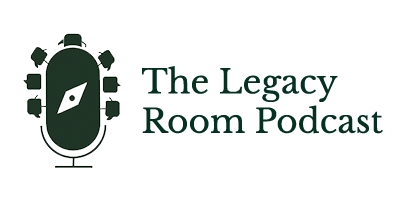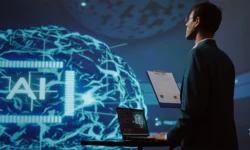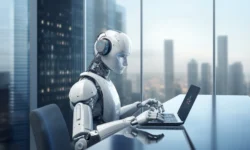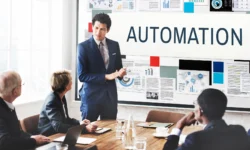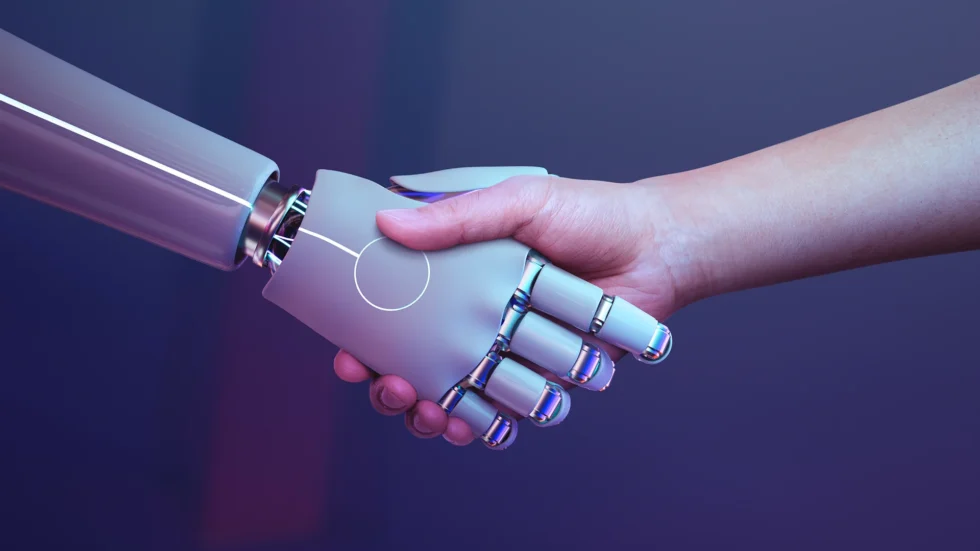
Artificial Intelligence is not simply another tool in the corporate toolkit. It is reshaping the very architecture of how companies think about human capital. For decades, organisations relied on hierarchical systems where people drove every stage of business operations. With the rise of automation, the structure has begun to shift. Talent is now defined not only by skill sets but by the ability to adapt, retrain, and collaborate with digital systems.
Human capital, in this context, becomes a blend of people, processes, and technology. Companies are beginning to invest heavily in reskilling programs, understanding that their workforce needs to thrive in hybrid environments. According to McKinsey, more than 375 million workers globally may need to switch occupational categories by 2030 due to automation. India alone is expected to generate 65 million new digital jobs by 2025. This represents both a challenge and an opportunity for employers.
AI is influencing recruitment, employee performance, and workforce planning. Predictive analytics can now anticipate attrition risks, identify potential leaders, and even assess cultural fit. While this raises concerns about bias and transparency, it also provides organisations with the tools to make data-driven decisions with greater accuracy.
For business leaders, the challenge lies in balancing automation with empathy. Human capital strategies can no longer be transactional. Instead, leaders must design people strategies that empower employees to work alongside technology. AI-enabled systems free professionals from repetitive tasks, allowing them to focus on creativity, decision-making, and relationship building.
In Episode 1 of The Legacy Room, we discussed how AI and automation are quietly transforming professional services. This transformation is not only about operational efficiency but also about redefining the human edge. Companies that approach human capital with a future-ready mindset will be better positioned to compete in an increasingly digital-first economy.
From predictive HR to digital leadership, the future of human capital requires a blend of technological literacy and human insight. AI is not replacing people. It is reshaping how people contribute to business value. For organisations willing to adapt, the next decade could unlock unprecedented growth, scalability, and innovation.




